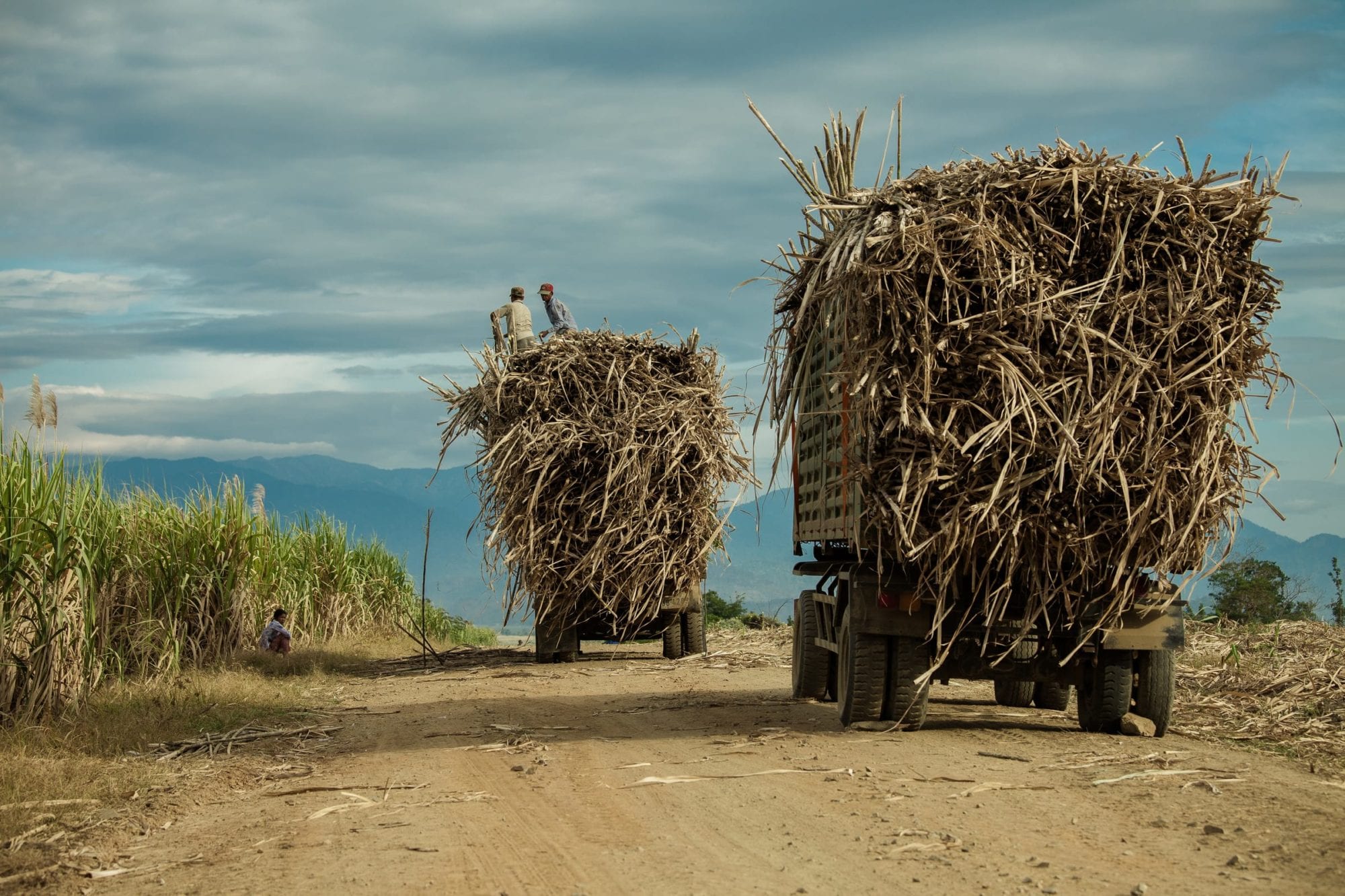In May 2012, IDI partner Equitable Cambodia and the Heinrich Boll Foundation published A Discussion Paper on a Human Rights Approach to Development of Cambodia’s Land Sector, authored by IDI Associate Natalie Bugalski.
The paper offers a rationale for adopting a human rights approach to development and recommends a ten-pronged framework for adopting the approach in the land sector. The framework aims to shift power to Cambodia’s citizens and increase accountability of decision-makers and power-holders through processes and tools that elevate support to marginalized and vulnerable groups, access to information, transparency about decision-making, and accountability including the redress of harms. It also promotes methods for designing and implementing smarter strategies for development partner interventions to contribute to positive human rights change.
While the framework is designed for Cambodia’s land sector, it is applicable to all types of development programs in Cambodia and other countries, whenever power relations require equalizing so that the rights of less powerful groups in society are fully respected.
The idea for the discussion paper came after several years of research and advocacy on land rights in Cambodia, where, despite the tens of millions of dollars poured into land sector reform to increase tenure security, forced evictions and large-scale land grabbing are escalating to alarming levels. This enigma led a number of NGOs, including Bridges Across Borders Cambodia, Equitable Cambodia’s predecessor, to investigate the land reform efforts. The research found that the land registration project – the cornerstone of land sector development – was flawed in both design and implementation because it unfairly and arbitrarily excluded households most vulnerable to eviction from obtaining land title. These vulnerable households live on valuable land sought after by powerful elites. Because the project took a purely technical approach, it did nothing to challenge inherent power asymmetries in relation to control over land and natural resources, the main contributor to wealth accumulation by Cambodian elites. The denial of land title to households living on prime real estate made them more vulnerable to forced eviction, as they were labeled as illegal squatters by the State.
In 2009, IDI associates David Pred and Natalie Bugalski worked with a local team to file a Request for Inspection to the World Bank’s Inspection Panel on behalf of families living around Boeung Kak lake facing forced eviction after they had been arbitrarily excluded from the land registration program, which was primarily financed by the Bank. A year later, the Inspection Panel published its findings that concurred with NGO claims about arbitrary exclusions of vulnerable groups. It found that Bank policies had been violated, vindicating the community’s two-year struggle.
In an unprecedented move, the World Bank, led by President Zoellick, enforced its safeguard policies and stood by its accountability process by suspending all new lending to the Cambodian Government until a remedy was found for the families of Boeung Kak Lake. See IDI’s work on the Boeung Kak Lake case for more on this unfolding story.
While the World Bank is no longer supporting land administration and management in Cambodia as a result of this case, several bilateral donors continue to do so. Many of the same flaws continue to characterize the program some three years after the NGO research on the land registration program was published. The new discussion paper is intended to provide a basis for constructive discussion and action for donors to improve their current engagement so that all Cambodians, and particularly the most vulnerable, can look forward to a future of greater security and opportunity rather than displacement and destitution.


